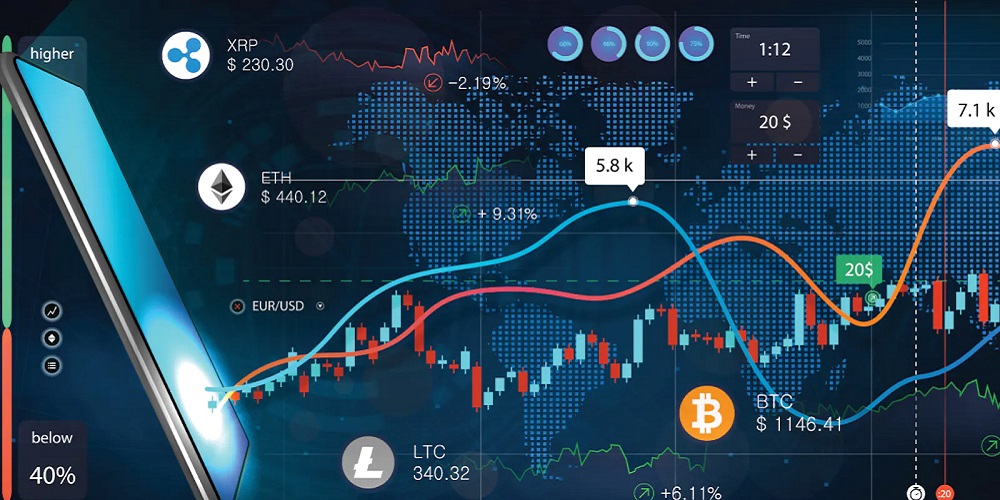A handful of crypto companies in Nigeria will no longer allow users to buy the USDT and USDC stablecoins with Naira after renewed scrutiny from the Central Bank of Nigeria (CBN).
“There was a meeting of crypto founders on Tuesday morning, and a number of them agreed to suspend the trades on their platform,” a person at that meeting told TechCabal. A second crypto industry player confirmed the meeting but declined to share details.
At least two crypto exchanges have told their Nigerian customers about the new development.
“We are suspending the buying and selling of USDT and USDC for Naira. This means you can’t buy or sell USDT or USDC with Naira,” said a notification sent by one exchange to customers.
Binance and other exchanges have found themselves in regulatory crosshairs as regulators believe that crypto platforms encourage speculators to manipulate exchange rates. This week, users could not access the websites of crypto exchanges like Coinbase, Quidax, and Binance.
Increased volatility in Nigeria’s FX markets has triggered several policy actions, and on Tuesday afternoon, Olayemi Cardoso, the Central Bank governor, claimed “$26 billion has passed through Binance Nigeria from sources and users we cannot identify.”
An autonomous group, the Digital Currency Coalition, also claimed in a presentation seen by TechCabal that speculative trading on the Binance peer to peer offering significantly contributed to the “113.1% devaluation of the naira against USDT” since February 2023. It is unclear how the Coalition arrived at its numbers.
Unconfirmed reports claimed two executives at a crypto company were arrested on Tuesday in a move to force the company to share its KYC data.
Zakari Mijinyawa, a special adviser to Nigeria’s National Security Adviser, Malam Nuhu Ribadu, said he was unaware of any arrests and suggested that law enforcement agencies may have done them.
Crypto exchanges are treading cautiously, three people who work in the industry told TechCabal.
“The office asked us not to wear Binance t-shirts and caps and to not attend Binance-related events for now,” a Binance employee who asked not to be named told TechCabal, describing uncertainty and fear similar to last year when the Securities Exchange Commission announced that Binance was operating illegally in the country.
At least five leading leaders in the crypto space declined to comment on this story, citing regulatory fears.
“It is exactly as it was during the EndSARS protests in 2020,” an early-stage crypto investor in the country told TechCabal, adding that he has received warnings from peers to avoid attracting attention from law enforcement.

